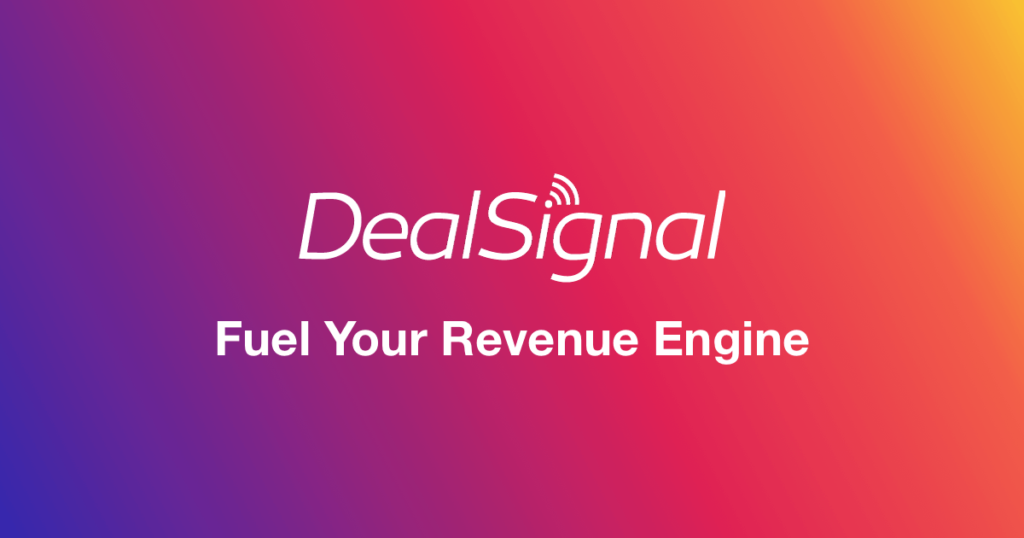A Sales Qualified Lead (SQL) is a potential customer who has been deemed highly likely to make a purchase based on specific criteria or behaviors. An SQL has progressed through initial stages of the sales funnel, such as the lead qualification process, and has been evaluated and confirmed by the sales team as a promising candidate for a sales opportunity. This assessment is typically based on the lead’s readiness to buy, their fit with the ideal customer profile, and their engagement with the company.
Importance: Identifying and focusing on SQLs is crucial for optimizing sales efforts and improving conversion rates. By concentrating resources and efforts on leads that are more likely to convert, businesses can increase efficiency, enhance sales productivity, and drive revenue growth.
Key Characteristics:
- Engagement: SQLs have demonstrated significant engagement with the company’s content, products, or services, indicating strong interest.
- Fit: SQLs align with the company’s ideal customer profile, including factors such as company size, industry, budget, and decision-making authority.
- Readiness: SQLs have shown readiness to make a purchasing decision, often indicated by actions such as requesting a demo, asking detailed questions, or expressing a clear intent to buy.
- Qualification Criteria: SQLs meet specific qualification criteria established by the sales team, such as scoring thresholds or behavioral indicators.
Key Components:
- Lead Scoring: A system used to assign values to leads based on their interactions and behaviors, helping to identify those who are most likely to convert.
- Sales and Marketing Alignment: Coordination between sales and marketing teams to define SQL criteria, share information, and ensure effective lead handoff.
- Qualification Process: The systematic evaluation of leads to determine if they meet the criteria for being classified as an SQL.
Benefits:
- Increased Efficiency: Focuses sales efforts on leads with a higher likelihood of conversion, improving sales team productivity.
- Higher Conversion Rates: Improves the chances of closing deals by prioritizing leads that are more likely to make a purchase.
- Optimized Resource Allocation: Ensures that sales resources are allocated to the most promising leads, maximizing return on investment.
- Enhanced Sales Forecasting: Provides a clearer view of potential sales opportunities, aiding in more accurate sales forecasting and planning.
Companies that effectively implement SQL processes see up to a 30% increase in sales productivity by focusing on leads that are more likely to convert and streamline the sales process.
« Back to Glossary Index



